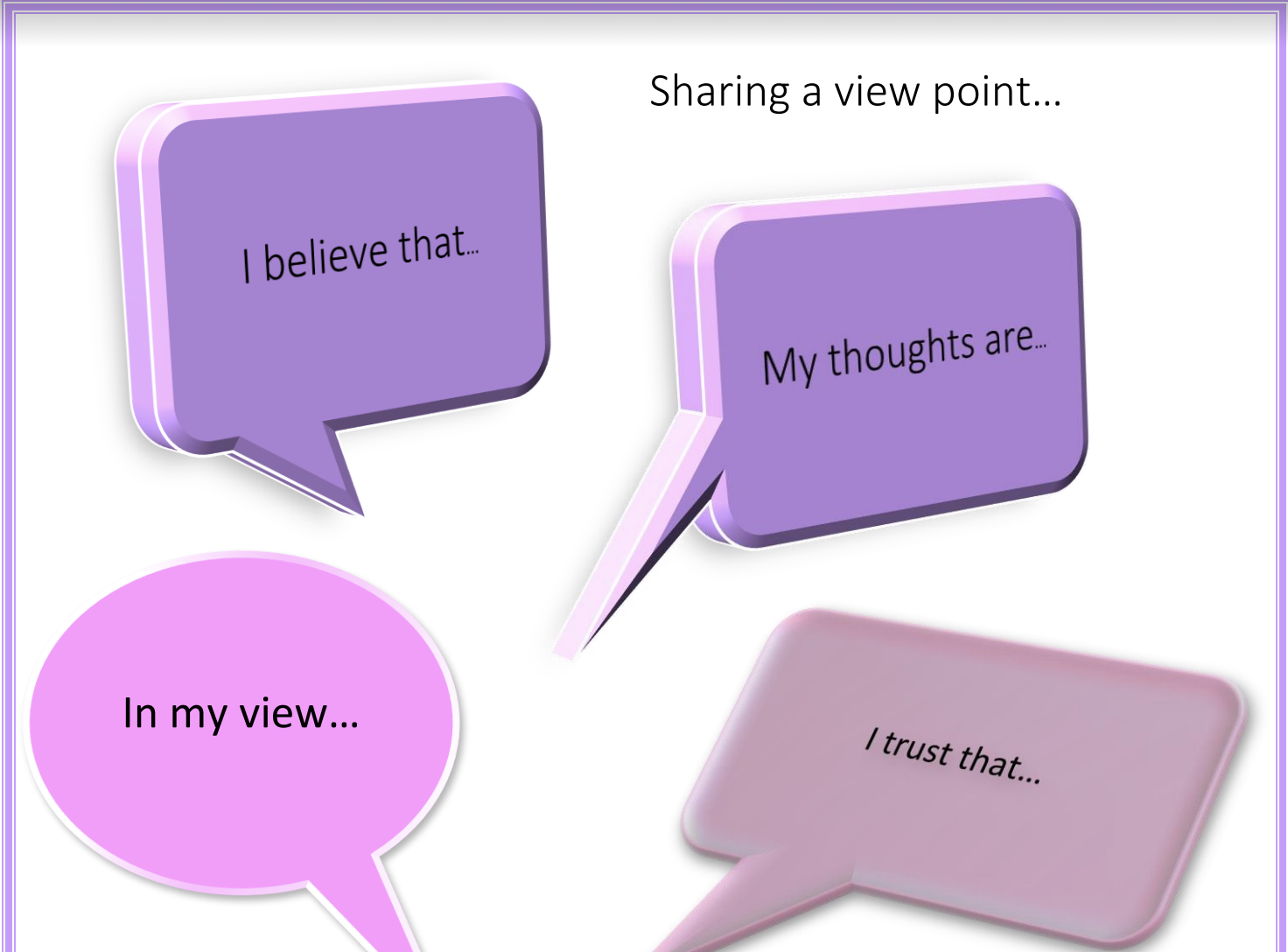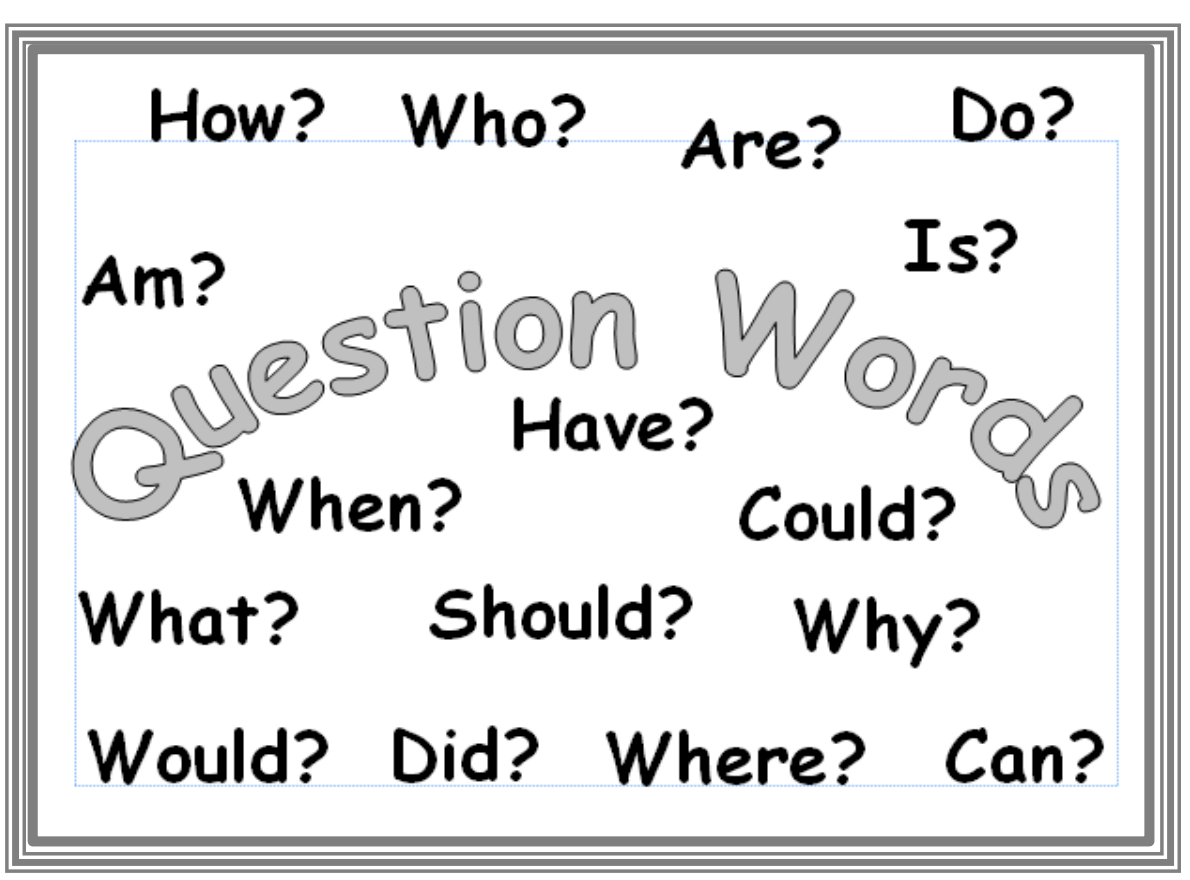Developing pupil voice, supporting their students to feel confident and to have courage and curiosity in their learning was a key motivating factor for Ringland Primary School, when they began their oracy journey.
In our latest Spotlight School, we spoke to Executive Head Teacher, Lisa Bowden and Deputy Headteacher, Dawn Robertson about their journey so far as a Voice 21 Oracy School and the impact it is having.


Ringland Primary School educates 250 children in Newport, South East Wales, to become compassionate, curious and courageous learners.
The community that the school supports is one of high levels of deprivation, with around 50% of their children receiving Free School Meals. In addition, as Lisa shares, “within our mainstream classrooms, we have significant numbers of children that are ALN* with 36% of our cohort on the ALN register.” The local community was one to create economic growth when the local steelworks were in operation. Since this collapse, Lisa can now see the impact of this in their classrooms. “In some cases, there are generations of families who haven’t necessarily been in full-time employment so the aspirational opportunities haven’t been present for people in our local community.” But as Dawn explains with the new curriculum in Wales, “there is now an opportunity to provide new, rich and authentic learning opportunities for the children in our community to develop and thrive as ambitious, capable learners who can communicate effectively.”
Addressing the challenges of COVID-19 in the classroom
One of the key motivations for Ringland Primary becoming a a Voice 21 Oracy School was the impact of the pandemic. A lack of any formal education for a prolonged period meant that students couldn’t communicate as well. “Capturing how our pupils felt virtually and communicating through the on-line medium of teaching we recognised there was an absence of talk.” This was evident across all key stages and all academic levels. “It has widened the Oracy gap even for our MAT* pupils as they also now struggle to express themselves confidently and show a lack of self-assurance. It’s alarming that we have seen such a change in our children and now even in the most simplistic of ways, such as self-regulating themselves and communicating, has become a challenge”
But the challenge of the pandemic has also impacted teachers across the school. As Lisa explained, “I think teachers have lost their confidence in terms of questioning that will elicit a response. We want to become a school that empowers our teachers too as we want this to transfer to our children.”
It was with this in mind that Ringland Primary set out on their journey to become a Voice 21 Oracy School. For Lisa, “oracy is pivotal to be able to empower the children to have the confidence to follow their own pathways of learning. But for many of our children, they don’t always have those role models in their oral interactions and so we wanted to support them to scaffold the language they use and develop their active listening skills.” As an Oracy school, Dawn described their mission to support their pupils to have “opportunities to practise oracy, purposeful talk and meaningful interactions between one another and beyond to develop children’s passion for talk and talk for a purpose, to become healthy and confident individuals with all they are faced with.”
What was crucial was “learning to talk and through talk and giving the children a chance to learn how to articulate their thoughts and ideas. We want them to become active learners who engage in meaningful conversations that develop them as thinkers.”
Prioritising oracy is having an impact
Oracy is now a priority for teachers and SLT across Ringland Primary School. With the support of their Voice 21 Oracy Consultant, they are working together to create an action plan to develop their oracy vision in classrooms and the school that will be sustained over time. Staff have all contributed to the school vision for Oracy and pivotal to this is the engagement and inclusion of our wider community. “So far, all our staff have used the Oracy Framework and produced targets for all pupils. Referring to the Oracy Framework has been integral in generating achievable Oracy targets for all learners. As a school we are beginning to explore in greater depth the social and emotional strand across the school which we have linked to our PSHE weekly work.”
Dawn explains, “A focus upon this strand has enabled our pupils to begin to recognise what it feels like to work with others. Teachers can guide or manage pupils’ interactions in some classes Turn-taking, Listening & responding is still a challenge, and for Ringland the strand ‘Listening actively & responding appropriately’ will be a target along with providing rich opportunities from the Voice 21 programme to improve our pupils’ confidence when speaking.”
Children are beginning to listen to each others’ ideas and sentence stems and rules for talk have helped to shape a respectful ethos across the school for talk in the majority of classes. By using the Listening Ladder effectively, pupils are able to give feedback to one another and the class, a skill not previously identified in the school. For Dawn, “the listening ladder has been pivotal because before we felt our children in many classes did not consider what teachers were saying, or asking, but now this isn’t the case. Oracy is now fundamental in everything we do, in every part of our school day.”
Pupil voice is key for Ringland in the development of their new curriculum. Lisa lends this success to the opportunity pupils now have “to develop their independence and confidence and give them the courage that they can take their learning further. We don’t think this is a short term, this is a long-term strategy, but we have seen rapid growth in staff confidence and interest in oracy which has made a huge difference.”
Working with Voice 21 was a decision that Ringland Primary has wholeheartedly committed to. Ringland describes the impact of prioritising oracy as one that can already be felt and they put it down to the teachers’ passion and commitment in supporting their Pupils’ self-assurance. What has worked for Ringland staff is that “Voice 21 is exciting and hugely supportive; the membership is structured with clearly defined objectives for the Lead and to develop our champions across the school, there is support at hand, and opportunities to network and reflect upon best practice by using the exchange. Voice 21 programme is also flexible and something we can adapt to meet the needs of all our children at Ringland Primary. They know that not one size fits all and Voice 21 fits us very well.”
*ALN refers to Additional Learning Needs which is the Welsh measure for SEN.
*MAT refers to More able and Talented
© 2024 Voice 21. Voice 21 is a registered charity in England and Wales. Charity number 1152672 | Company no. 08165798